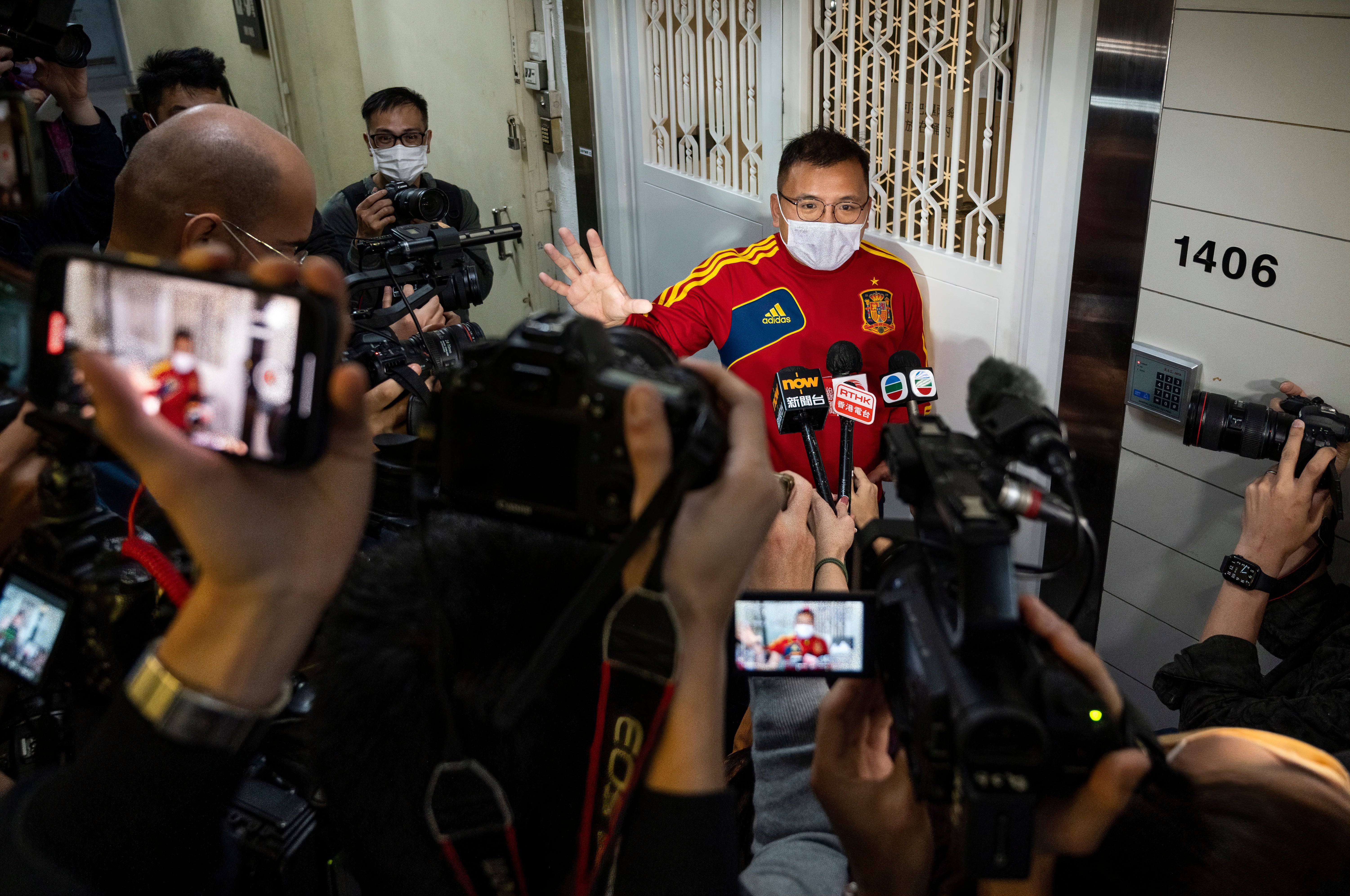Chinese intimidation of foreign journalists rising at ‘breakneck speed’, new survey warns
The government has called the Foreign Correspondents’ Club of China an ‘illegal’ organisation

Media freedom in China is dwindling at “breakneck speed” as the Communist government finds new ways to intimidate international journalists, the Foreign Correspondents' Club of China (FCCC) said in its key annual report.
Published on Monday, the report said the government has "backed" or carried out attacks on foreign journalists and their Chinese colleagues through "online trolling, physical assaults, cyber hacking and visa denials".
Foreign journalists and their families were being targeted "severely" by the state, prompting at least six reporters to leave mainland China in 2021, the report said.
China labelled the FCCC an "illegal organisation" in April 2021 for its criticism of the dire state of freedom of the press in China, as well as human rights abuses on Uyghur minorities in Xinjiang.
Ninety-nine per cent of foreign journalists responding to the survey said that conditions "did not meet international standards".
The report suggests that local journalists in Hong Kong are also being targeted, especially after the imposition of draconian national security laws in June 2020.
China ranked 177th out of 179 countries in the 2021 World Press Freedom Index, and has continued to ramp up its crackdown on the media throughout the leadership of president Xi Jinping.
"In particular, news organisations face warnings that their reporting may expose them to legal sanctions or civil lawsuits, or – most ominously – to national security investigations,” said David Rennie, Beijing bureau chief for the Economist.
The rise in legal threat comes after Haze Fan of Bloomberg News and Australian anchor Cheng Lei were detained in 2020 over allegations of being involved in state security cases.
John Sudworth, a BBC correspondent who left Beijing in March last year following threats of legal action, recalled: “As we made our hasty exit, the plainclothes police trailing us and our young children to the airport were final proof of the dangers we faced and of China’s deep intolerance for independent journalism.”
According to a recent report by Reporters Without Borders, China is the world’s worst jailer of media personnel, with at least 127 journalists currently detained by the Chinese authorities.
"The simple act of investigating a ‘sensitive’ topic or publishing censored information can result in years of detention in unsanitary prisons, where ill-treatment can lead to death," the watchdog said.
Join our commenting forum
Join thought-provoking conversations, follow other Independent readers and see their replies
Comments
Bookmark popover
Removed from bookmarks